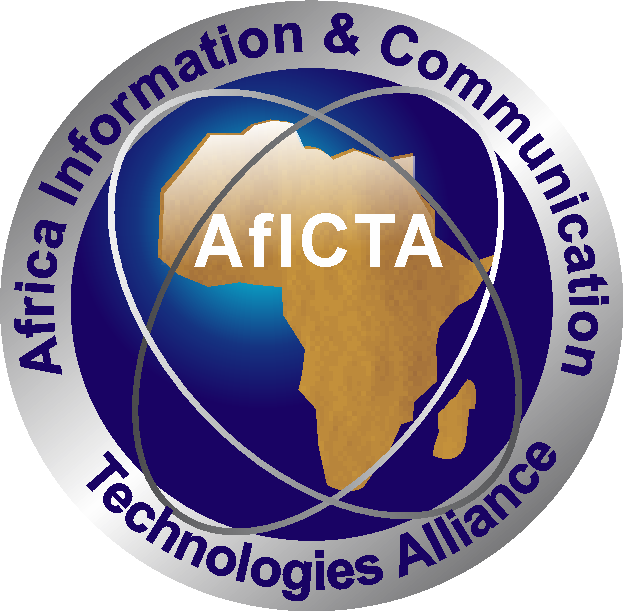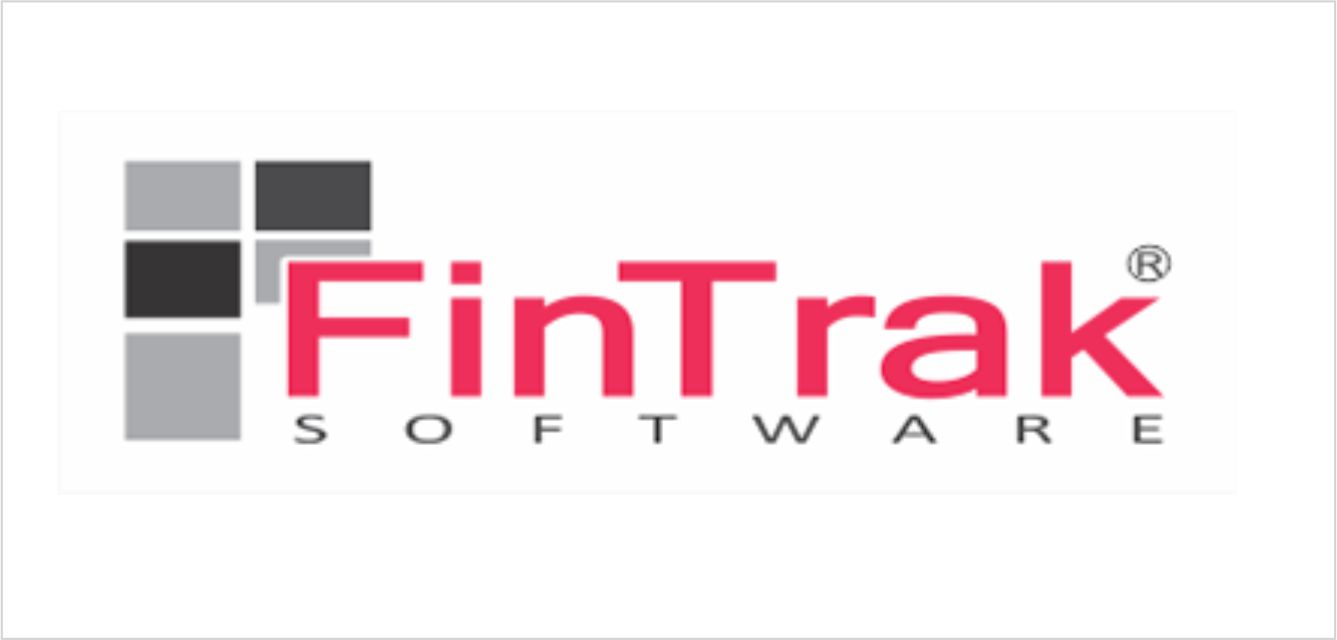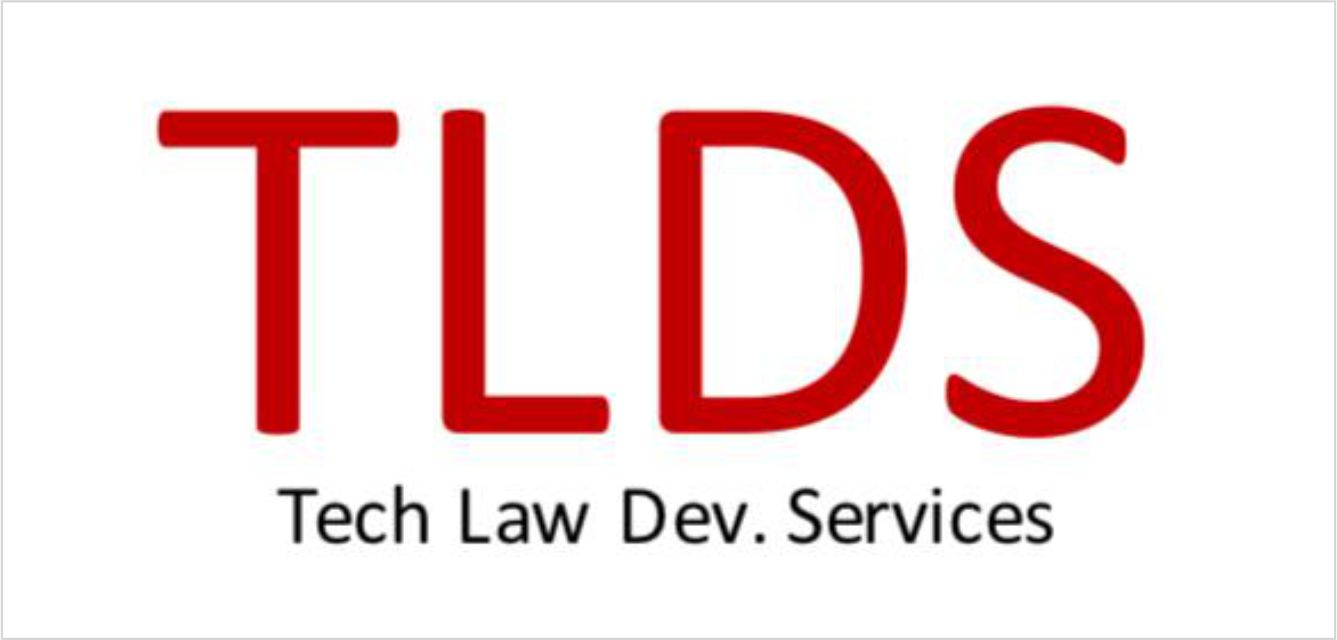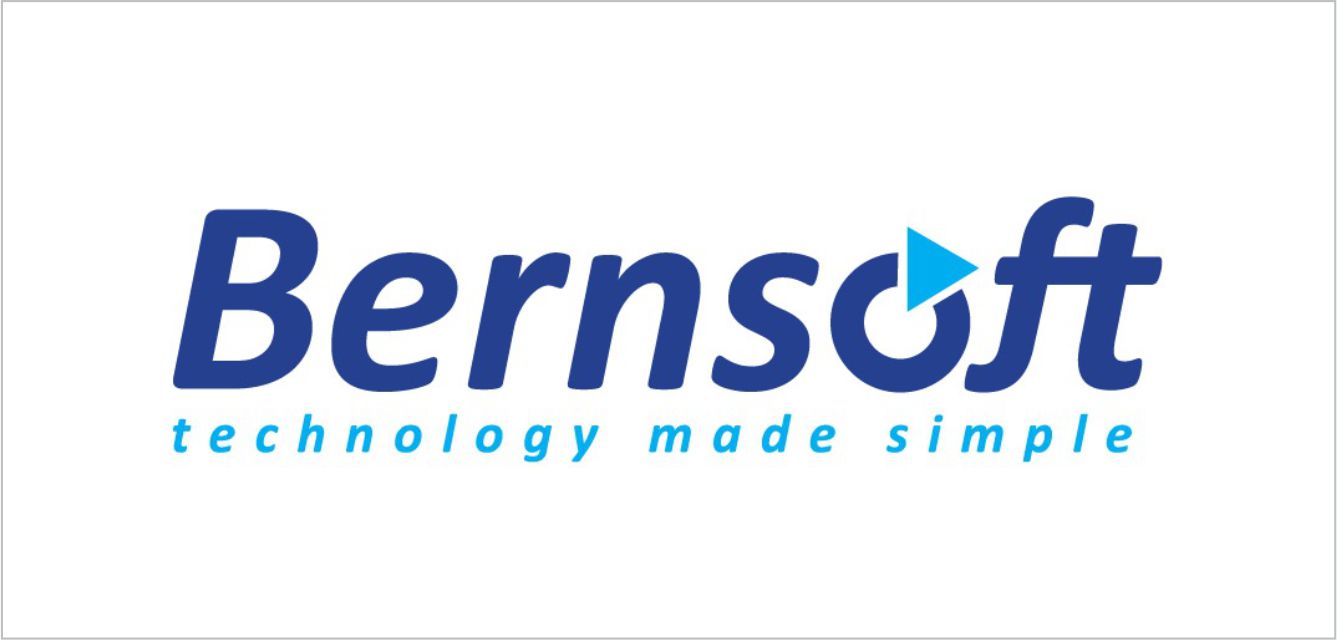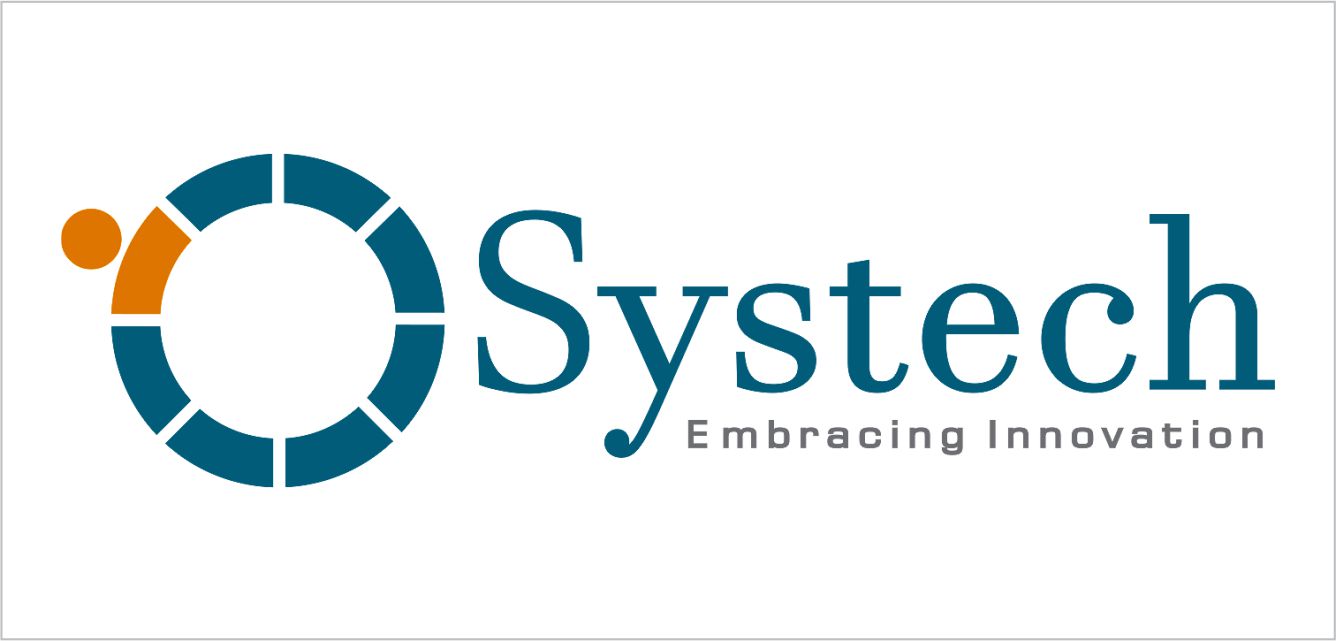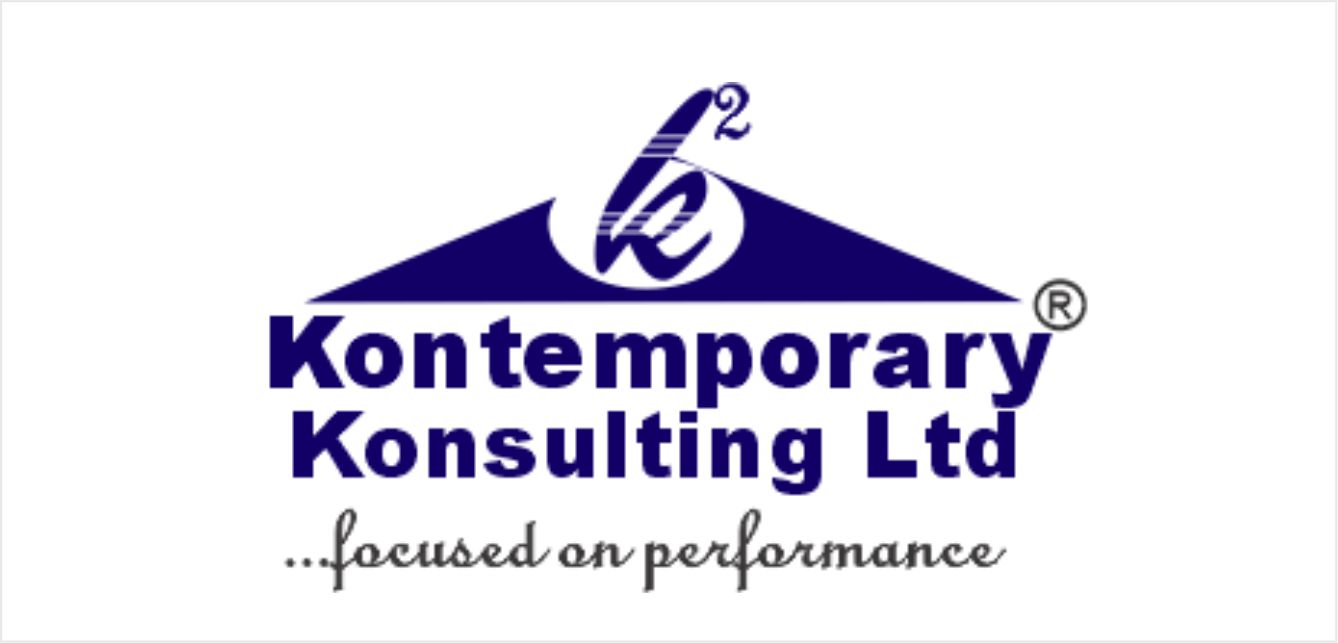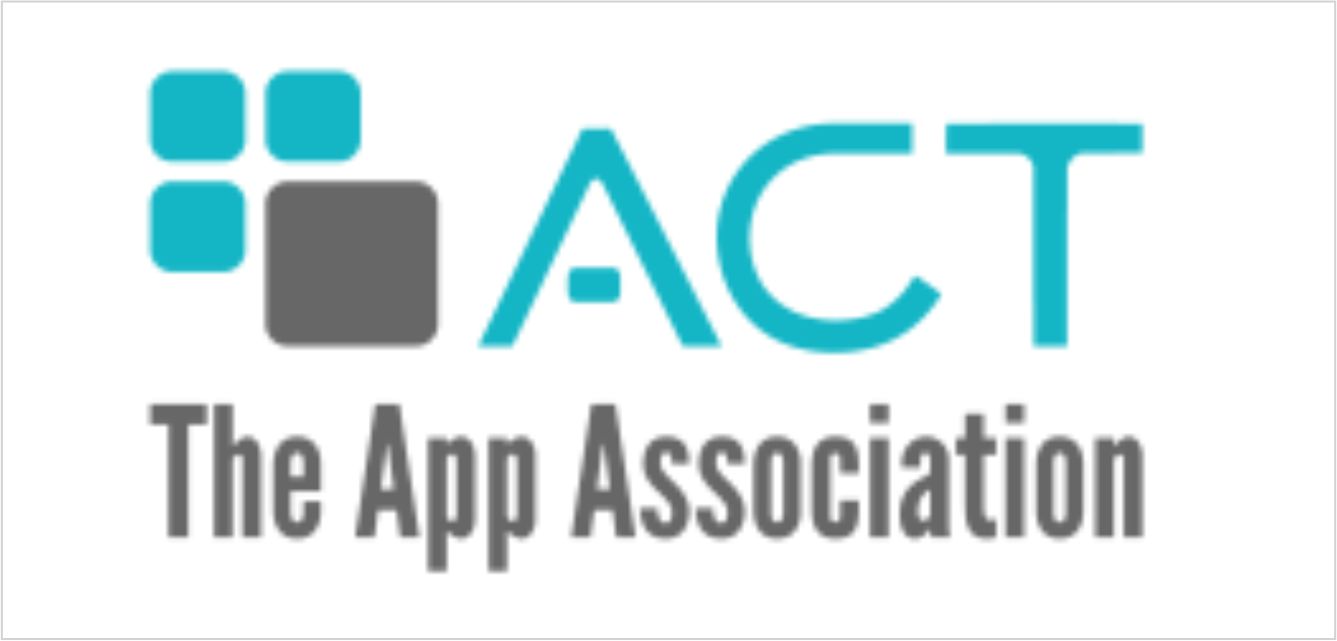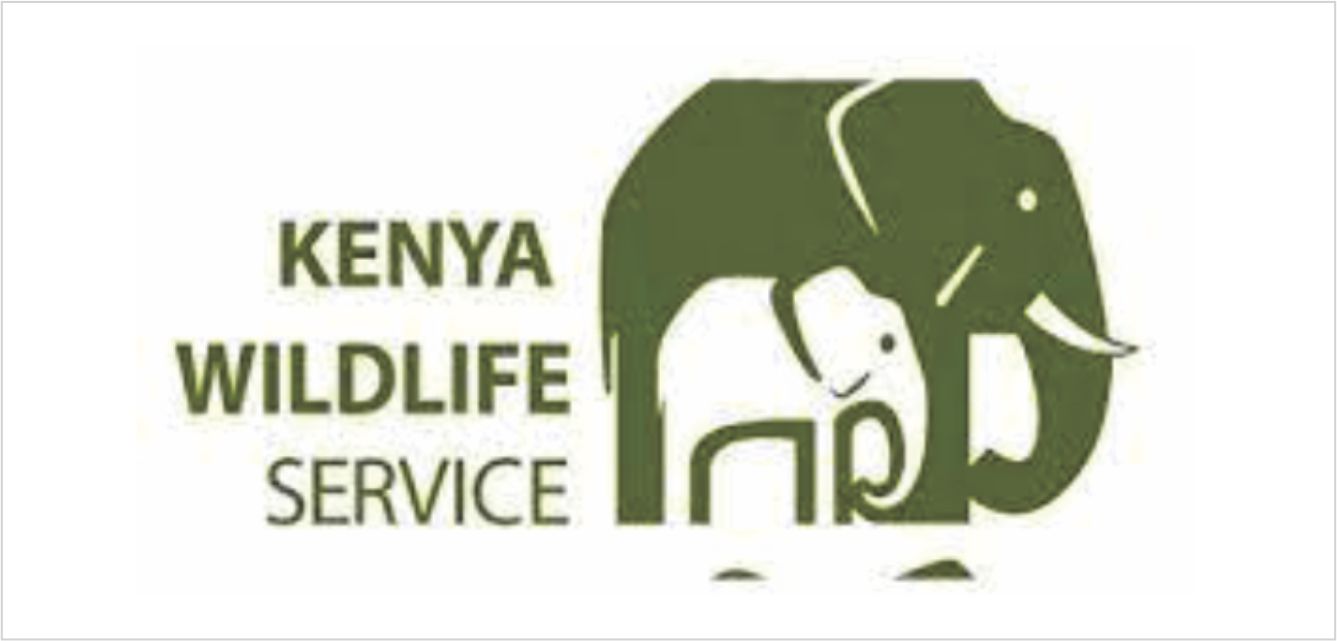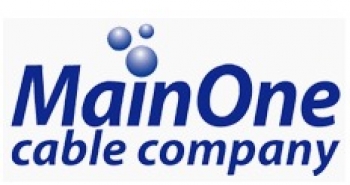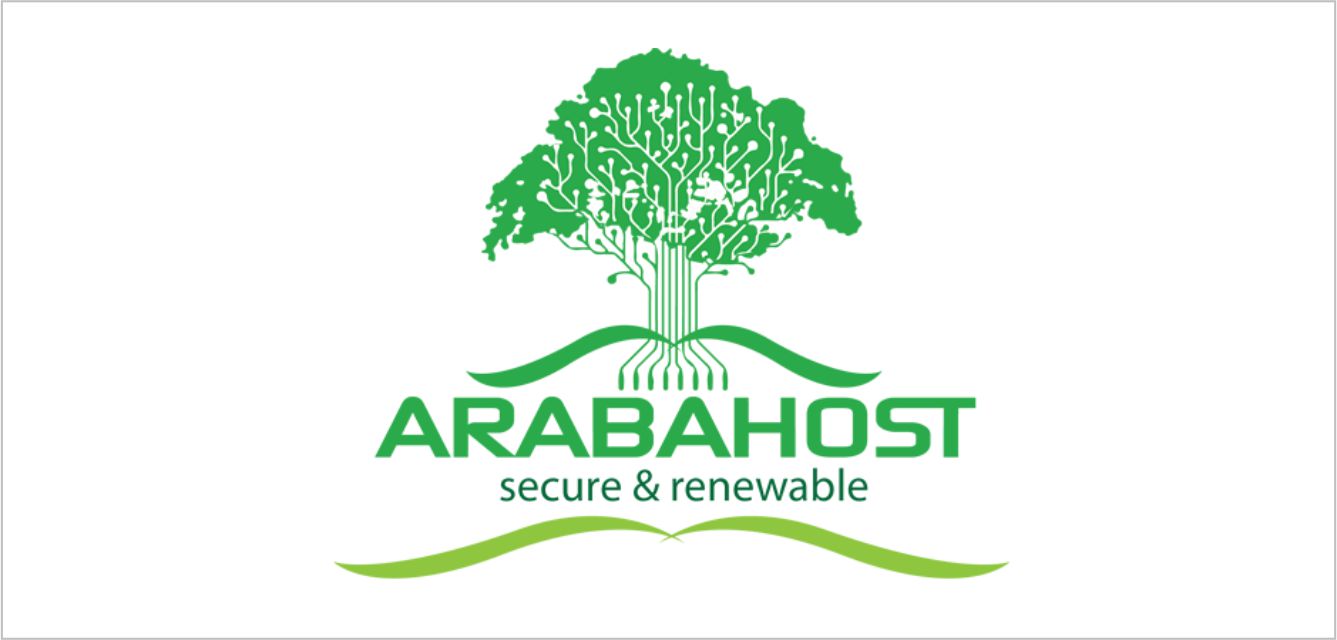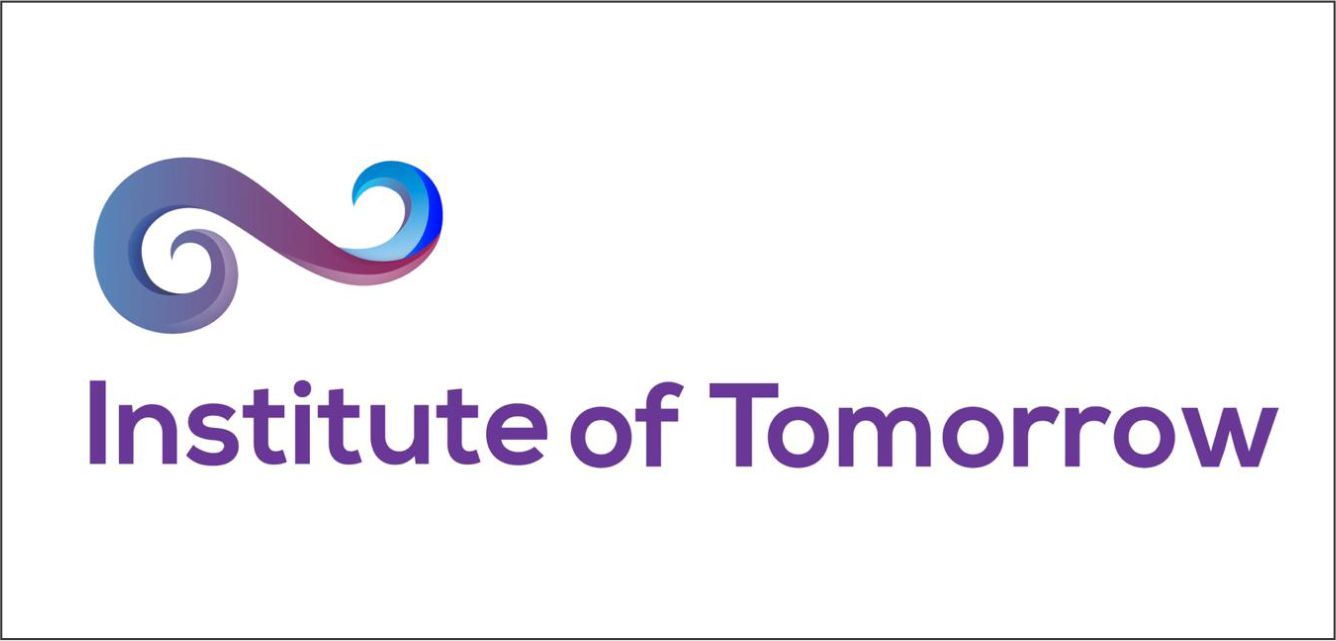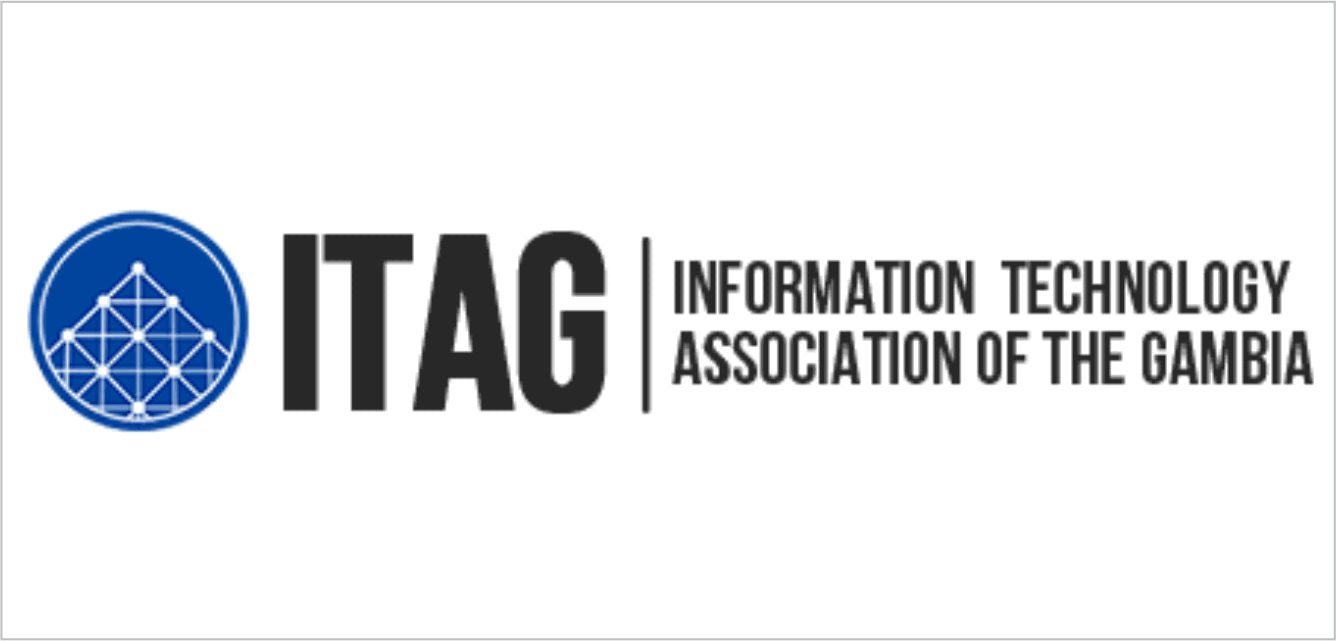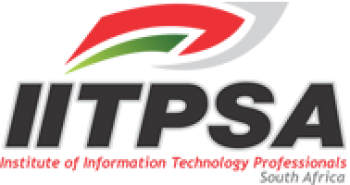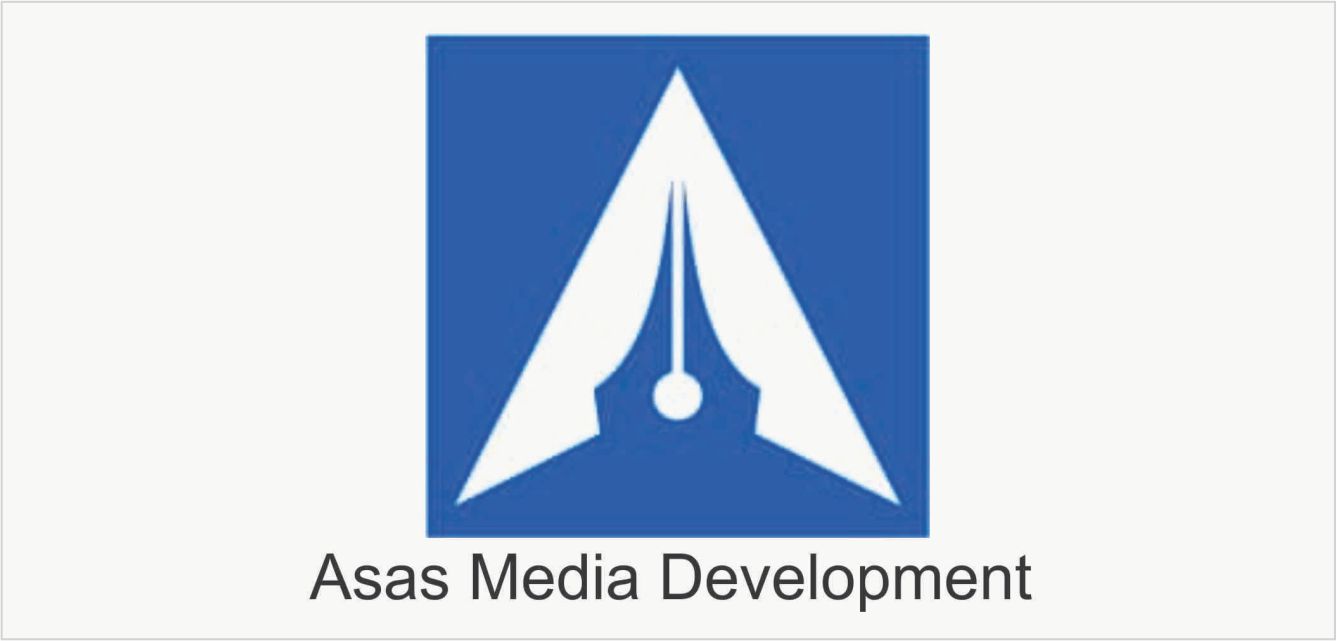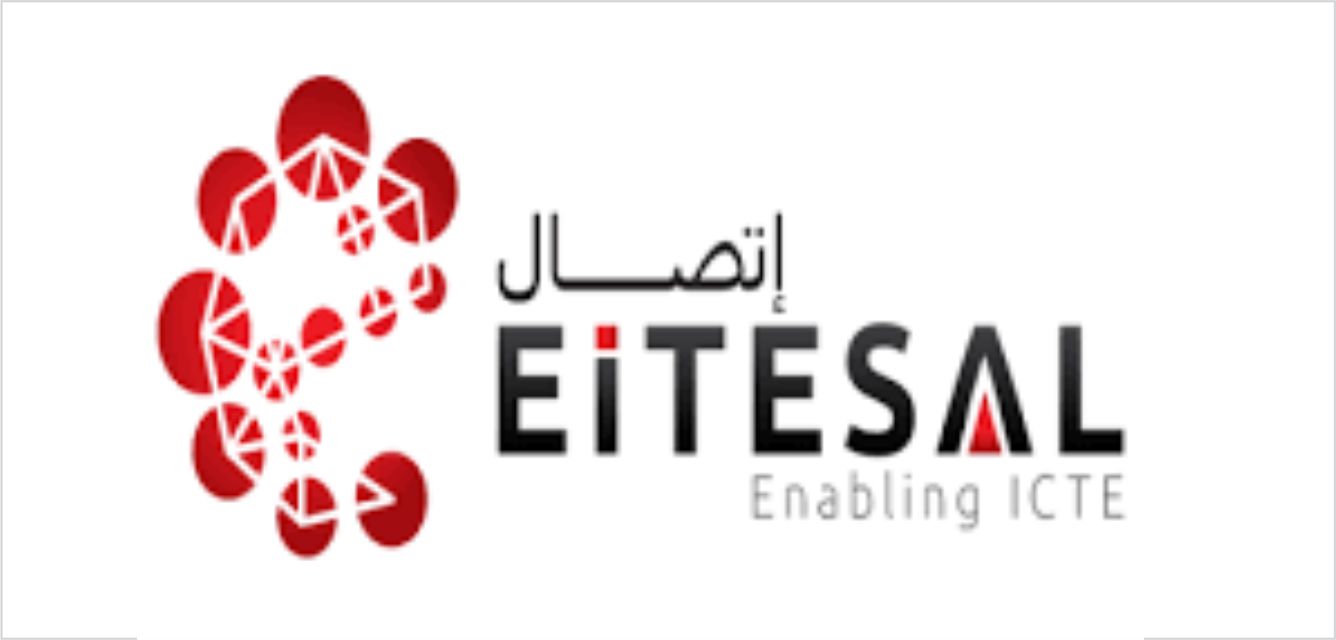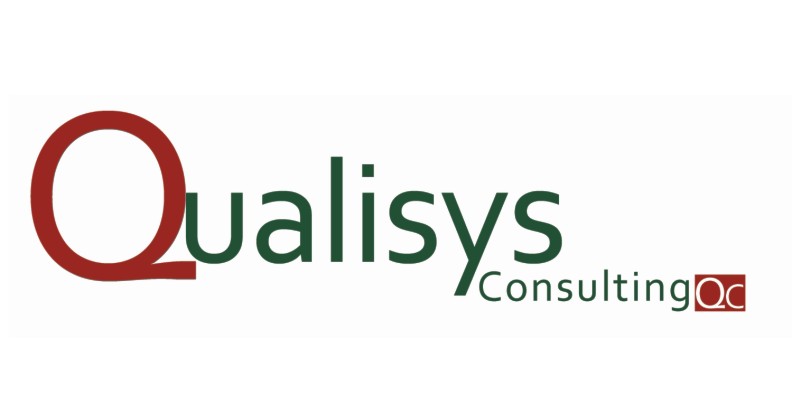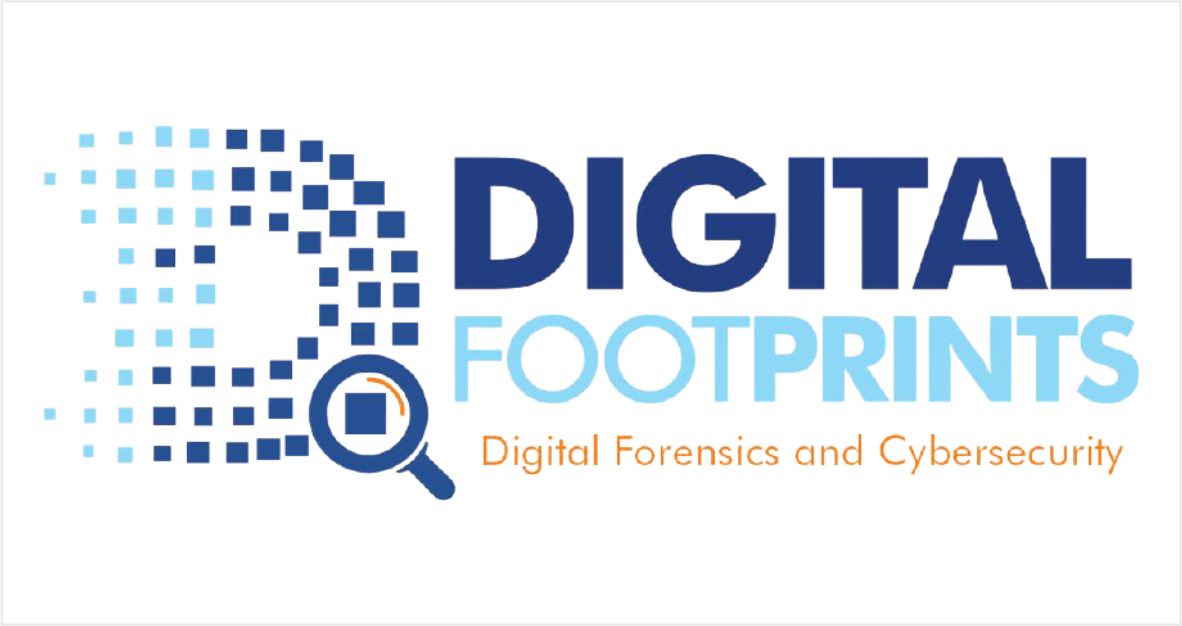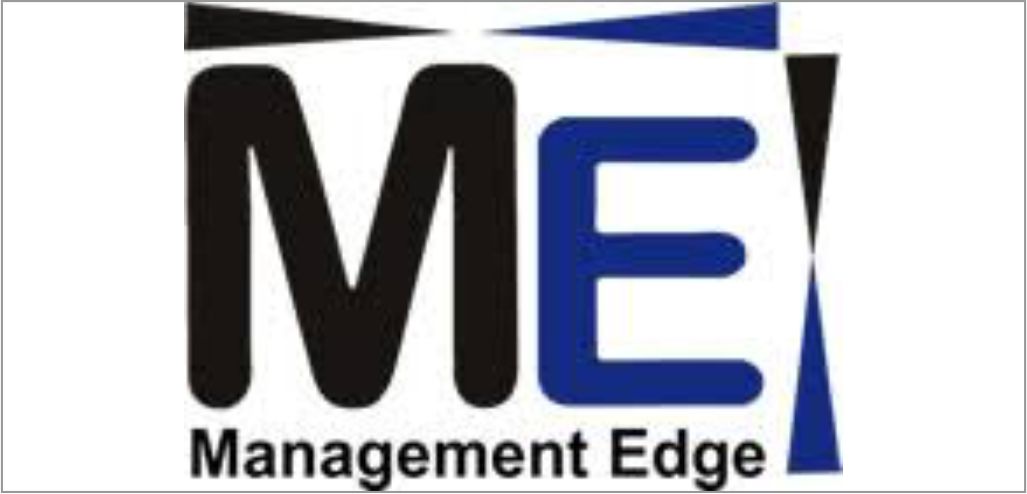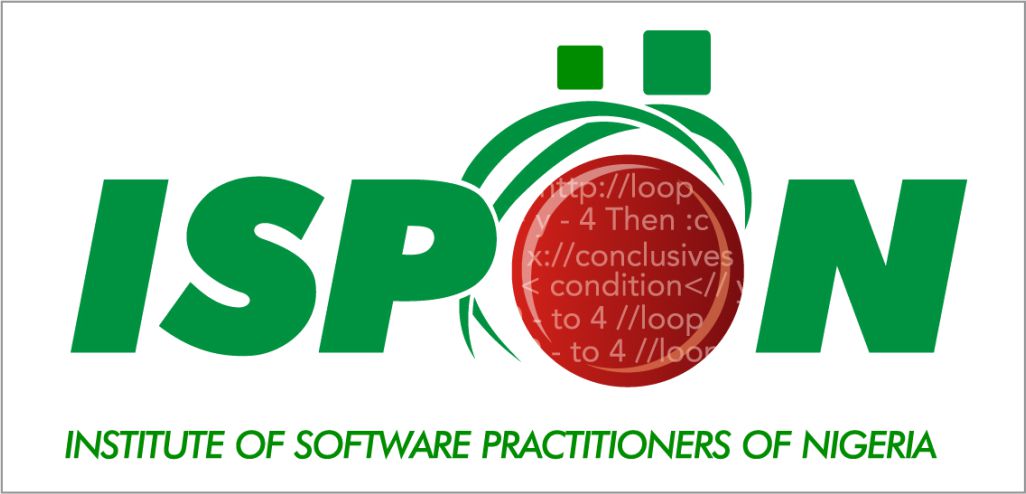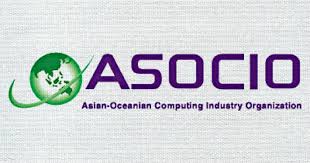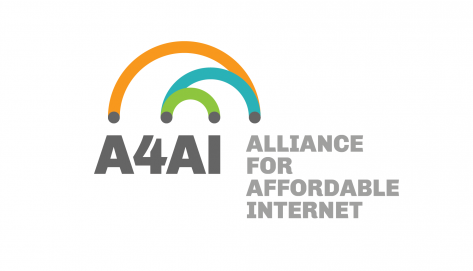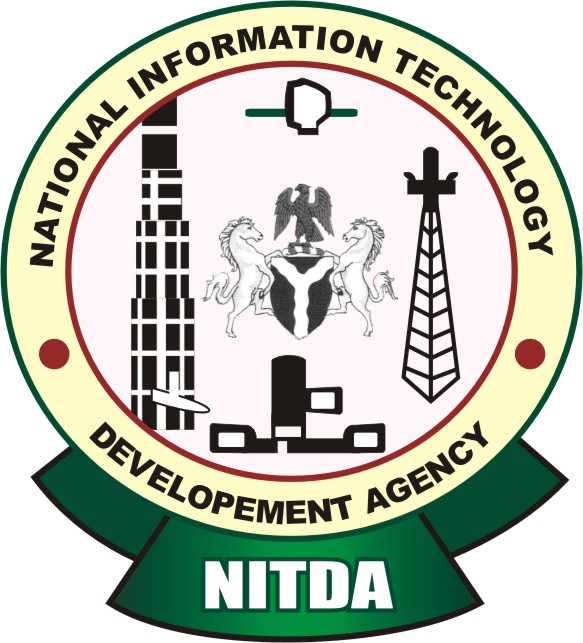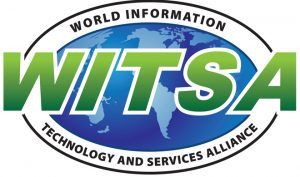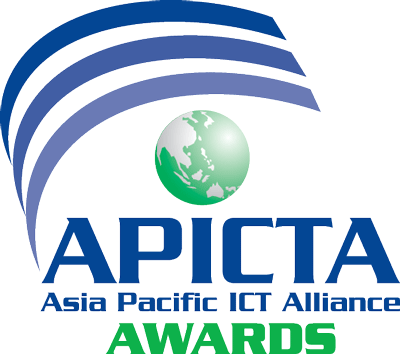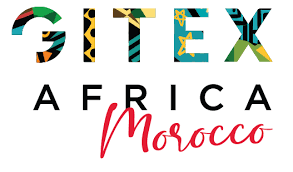The 3rd edition of Africa ICT Alliance, (AfICTA) annual IT Summit was successfully held at the Protea Parktonian Hotel, Braamfotein - Johannesburg, South Africa, September 1 – 3, 2015. The two ICT Associations of South Africa covering both the Industry and Professionals hosted the 2015 Summit with Adrian Schofield as Chairman Organising Commitee. The Summit attracted African business leaders and participants from twenty-three Countries, ranging from business, government and ICT professionals across Africa with the focus of fostering ICTs adoption in all segments of African life; be it in arts, entertainment, tourism, business, governance, health care, exploration, education, research, elections, sports, agriculture or mining.
Africa is home to over 1 billion people and is the region with the greatest economic growth potential for the foreseeable future given the growing intra Africa trade of about 10%. The fulcrum of the 3rd Africa Summit enabled participants to key into the spirit behind the theme, through the transformative power of Information and Communication Technologies to light the way to development and prosperity and thus empower and enrich people across Africa.
This event adds leverage to the vision of AfICTA, which is to fulfil the promise of the digital age for everyone in Africa.
Jimson Olufuye, Ph.D, re-elected Chairman Africa ICT Alliance played the Chief host while the CEO SAP South Africa (Pty) Ltd, represented by Mpho Matsitse (Snr Advisor – Government) delivered the Keynote address on the theme: "ICT: LIGHTING THE WAY TO DEVELOPMENT AND PROSPERITY ACROSS AFRICA ".
Other Speakers included Rudi Vansnick, Member Board of Trustees – Treasurer Internet Society, Global Knowledge Partnership Stichting and ICANN NSOC Chairman; Steve Delbianco (ICANN's BC Vice Chair); Waudo Siganga, Ph.D, (Chairman Computer Society of Kenya); Engr Hossam Elgamal, GNSE Egypt; Mr Paul Rowney ICT-PAN, Namibia; Andrew Mack (Principal, AMGlobal Consulting, USA); Mr Alaa Ahmed El Khishen, Director Eccoosourcing / Vice President EITESAL, Egypt, Adetola Sogbesan (AfICTA Board member) and other panelists.
Papers presented showcased the diverse approach to prosperity in Africa through ICT empowerment and various policies and programmes proposed to African Governments and Summit participants to take home for further engagement with their host Nations Government.
2.0 MAJOR RECOMMENDATIONS
Emphasising that INTERNET is perhaps the greatest tool for economic development ever – and we have the chance to steer its course and the community needs all voices – especially business – to get the policies right;
Acknowledging the roles being played by many Stakeholders in promoting the Internet and ICT for development in each Country;
Mindful of the continuing efforts of Government, international organisations and other stakeholders to develop enabling enterprise environment for the Internet and ICT for development;
Concerned at the enormous untapped business potential in the Internet sphere;
Recognising the responsibility of States to respect, protect and fulfil Cyber Safety and Security of all people, and the responsibility of Information and Communications Technology (ICT) companies and Internet intermediaries to respect end users;
Convinced that it is of critical importance that not only the Government but all stakeholders invest in creating an enabling and empowering Internet environment that truly serves the needs of all people;
Participants recommended as follows:
Internet Governance
- Internet penetration has increased to about 30% and ICT has helped grow the GDP in all countries in Africa.
- That all stakeholders should come together to improve on the current e-Friction position of Nigeria, which is among the highest in the World.
- That market exists for the new gTLD and the existing ccTLDs (e.g. .ng). Key to the success therefore is awareness and appropriate market development programmes.
- That it is likely that only 10 new TLDs will come from African applicants, including: .Durban; .Capetown; .Johannesburg and .Africa. The continent's domain name consumption continues to be low, but has seen some growth over the past three years, from 700,000 registrations to more than 1,300,000 today. Clearly, there is room for improvement.
- That Africa Governments should take IANA Stewardship Transition issue seriously (though technically complex and multi-layered in nature). More importantly, the interrelated conversation on enhancing ICANN's accountability mechanisms, in the absence of a contract with the U.S. Government
Development of ICT Entrepreneurship
- That it is the combination of education and information technology that is critical to Africa’s future.
- That Africa Government should adopt and encourage AfricaCodeWeek approach of SAP SA or develop similar programmes aimed at producing about 100,000 young Software programmers in Africa by the year 2020.
- That Africa Government should see the importance of keeping the business of Africa within Africa and learn from the mistakes of developed economies. That local Companies should get ICT backbone development projects.
- That to succeed as entrepreneurs, we must shift focus from mere manufacture, to value-facture, adding significance and value to our brand, sell local ideas and quality values in all ICT sectors through creativity and innovations.
- That African Governments are advised to place a renewed confidence in SMEs to grow the economy by providing enabling environment, especially through policies to grow the ICT sector of the economy.
- That the African economy is fast growing and ripe for outsourcing Entrepreneurship interventions.
- That using the Egypt experience as a benchmark, AfICTA shall engage African Governments to commit to creating 1,000,000 jobs in the outsourcing industry in Africa before 2020.
Infrastructure
- That every effort be made by African Governments to improve infrastructural development for business to thrive. Infrastructure peculiar to ICT business includes power, broadband access, Internet Exchange Points.
- That African Governments foster cooperation in the field of Information and Communications Technologies in order to pursue support programmes and commit to the establishment of new ICT research areas.
- That there is need for more measurable research output on the notion of 10 per cent increase in investment in broadband infrastructure guarantees a 1.3 per cent increase in GDP.
- That African Government must leverage on the World Bank's estimate that economic growth across Africa will rise to 5.2 per cent this year and that 74 per cent of professionals and investors in the key sectors of ICT and education are optimistic about future prospects.
- That appropriate policies and strategies will always bring better outcome of projects in Africa.
- That since Countries with higher Internet penetration generally have higher literacy rates, African Governments must as a matter of urgency adopt Citizen Connect Projects (as exemplified in Namibia), with a vision of connecting everyone to the Internet.
- That CyberSecurity is the biggest War / Peace threat of the future. African Governments therefore must take an urgent lead in that discourse and produce appropriate legislative instrument as important tools for the success of CyberSecurity efforts.
- That we need to build awareness and participation and policy collaboration between Business and Government in Africa and ICT as an economic sector and enabler should be appropriately captured in the computation of national GDPs.
- That African Governments need to encourage engagement with private sector as the real engine for producing technology supported educational content and more needs to be done to encourage such partnerships.
- That there is no need for pilots that repeat research already completed elsewhere, but there is a need for sustainable ICT-supported learning projects designed for local contexts within Africa.
- That IT actors in all sectors across Africa must work together to highlight the progress being made in their countries. Knowledge sharing must be encouraged and facilitated.
3.0 APPRECIATION
The Organising Committee wishes to place on record its gratitude and appreciation to ICANN, ICANN-BC, NITDA, SAP Africa, JCSE, and all the corporate organisations and private individuals who sponsored the 3rd AfICTA Summit and / or contributed in several other ways to ensure that the event was a success. Special thanks are hereby conveyed to all the Speakers and Panellists for their useful contributions.
